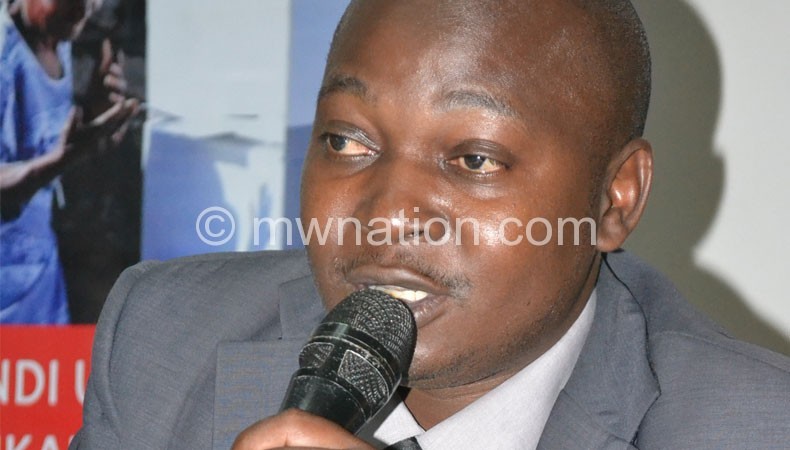Nice decries marginalisation in development plans
National Initiative for Civic Education (Nice) Trust has decried the tendency by councils and members of Parliament (MPs) to marginalise and sideline the underprivileged and poor when formulating and implementing development plans.
Nice national programmes manager Grey Kalindekafe has since warned that local development plans will remain irrelevant if councils do not integrate the poor and less educated in these processes.

Kalindekafe said this yesterday during a presentation at the National Orientation Workshop on the role of Local Government Authorities (LGAs) in promoting Sustainable Development Goals (SDGs) in Lilongwe.
“We know district commissioners [DCs], councillors and MPs are respected people in the society. They are well educated. But remember, no matter how sharp a knife is; it cannot cut itself.
“Therefore, you need the input of the poor and the intended beneficiaries of your development plans for them to be effective and indeed translate into transformative change on the ground,” he said.
Kalindekafe said local government areas are diverse in terms of their population, physical size, level of urbanisation, resources and infrastructure, which means requirements for the content of social/community development plans are supposed to be framed broadly to allow for local variation in approach.
“Therefore, councils are encouraged to consult their communities to identify their needs and plan accordingly. I also wish to emphasise the need for DCs, councillors and the MPs to improve on their communication strategies to avoid gossiping and backbiting as regards the resource expenditures,” he said.
In his remarks, Minister of Local Government and Rural Development Kondwani Nankhumwa said this is one of the problems government aims to address in its quest to localise SDGs at the grassroots.





